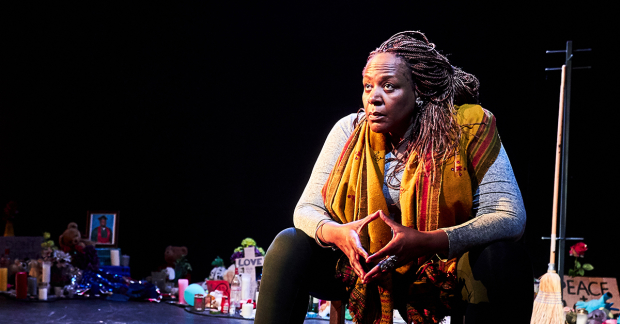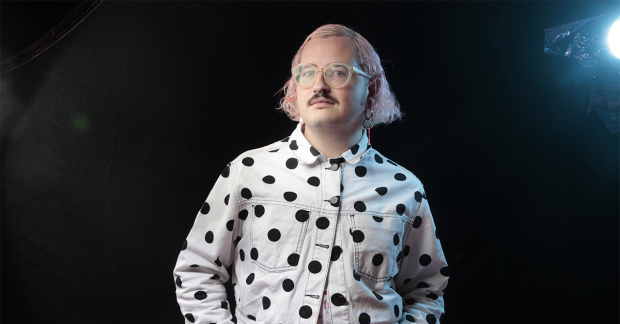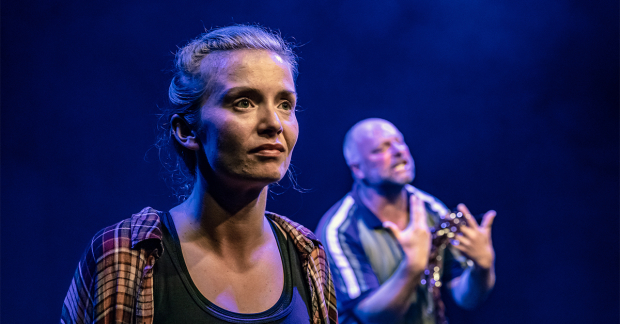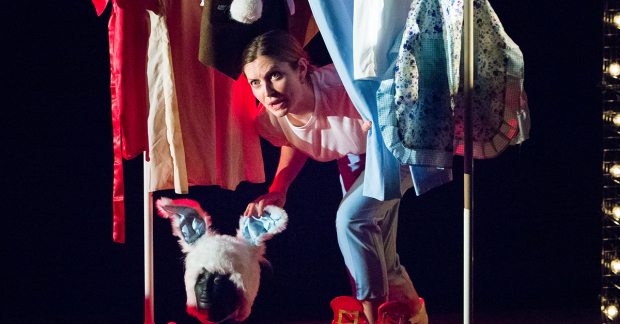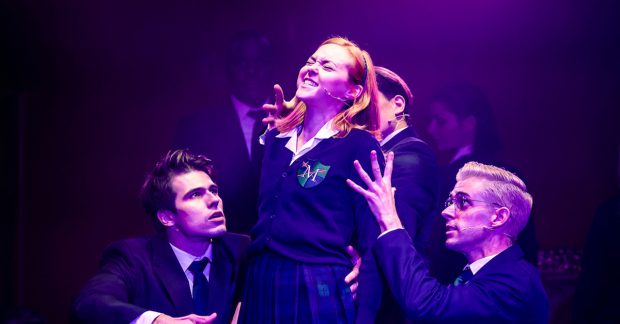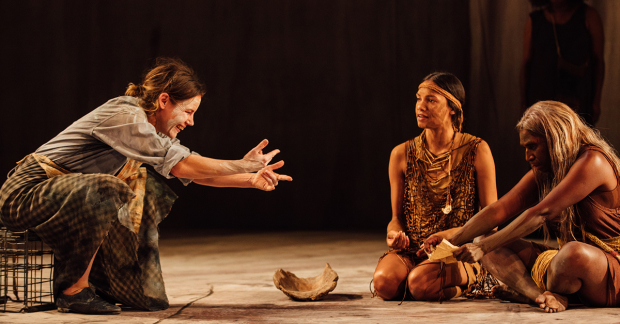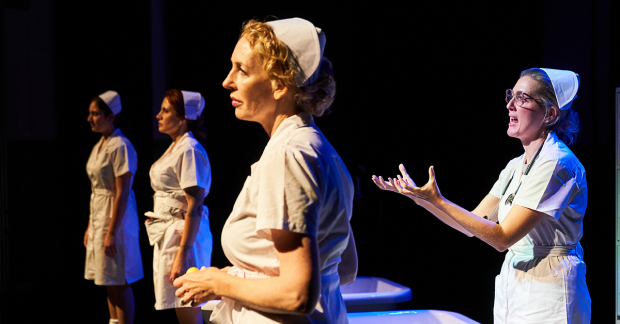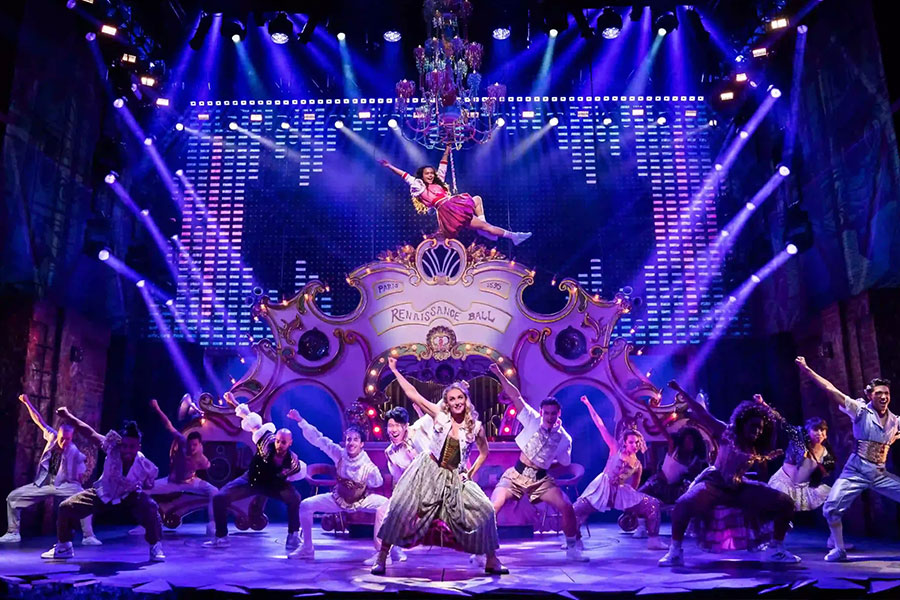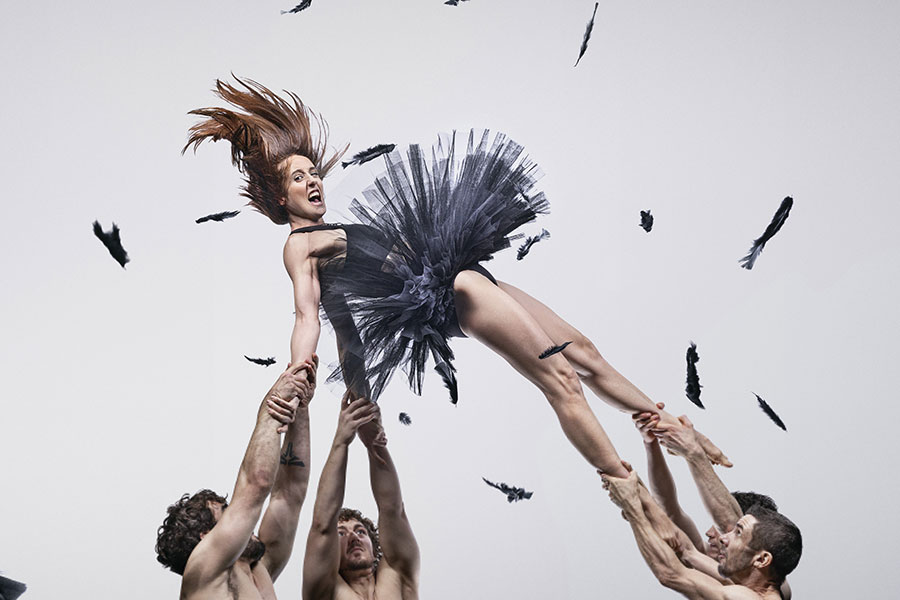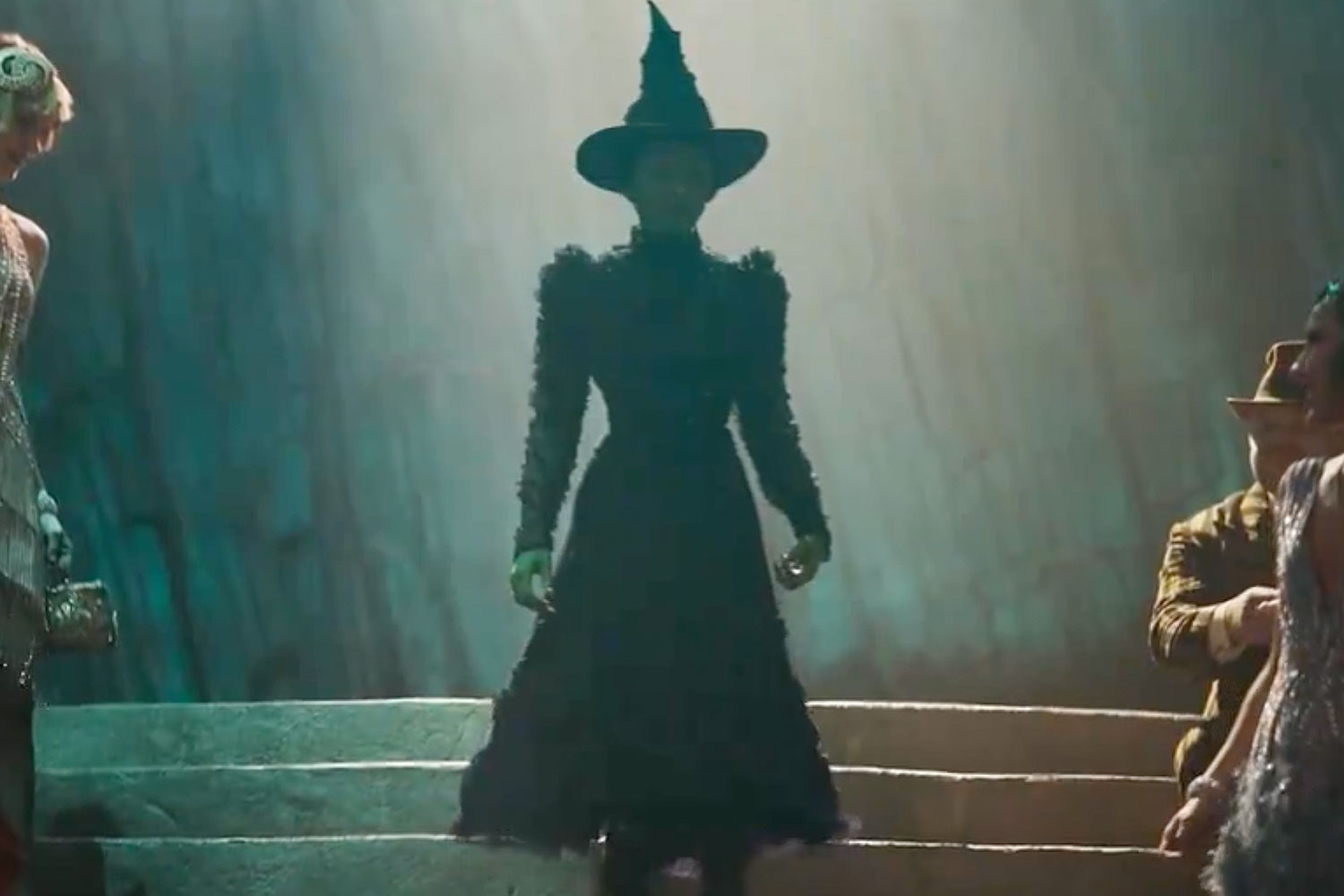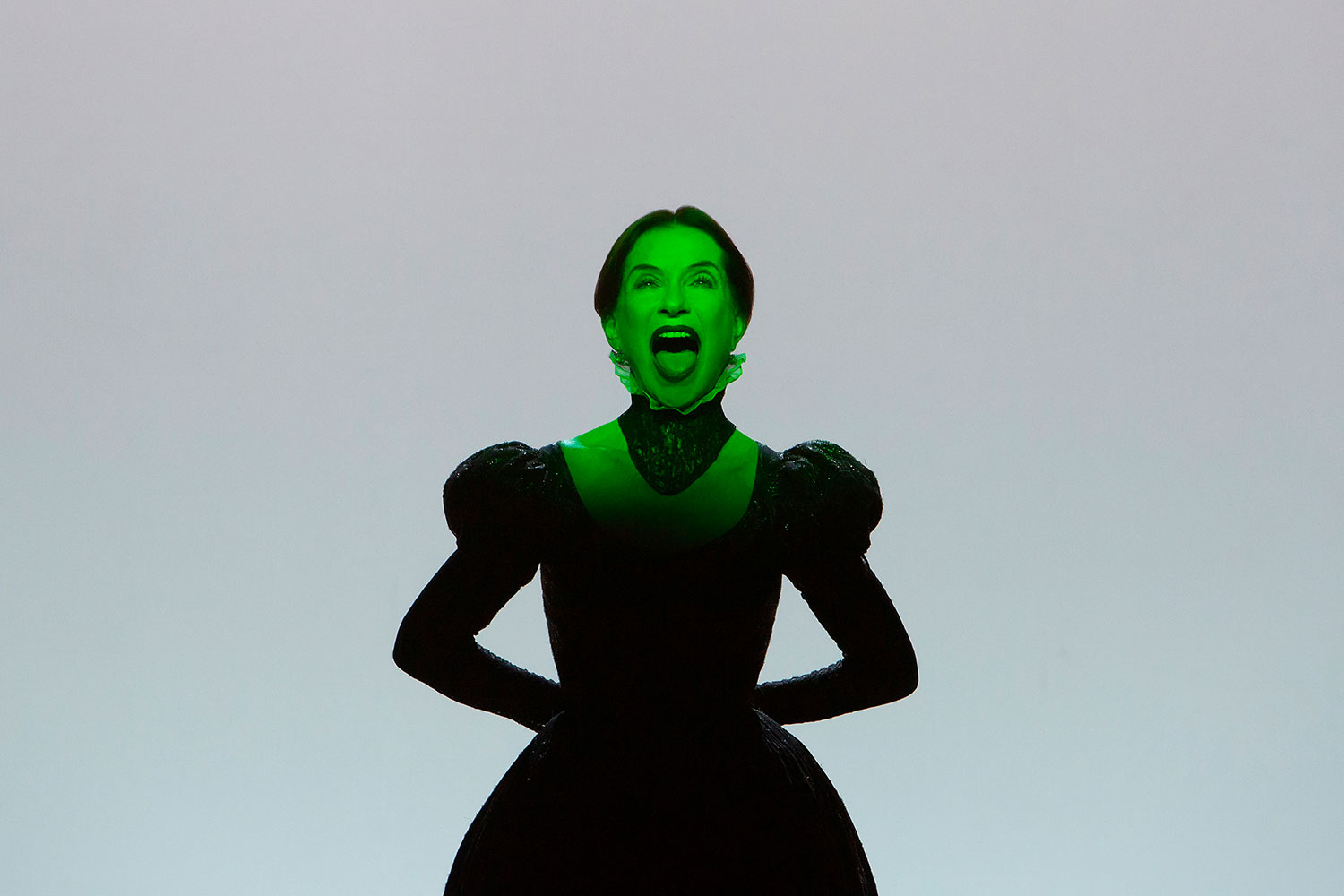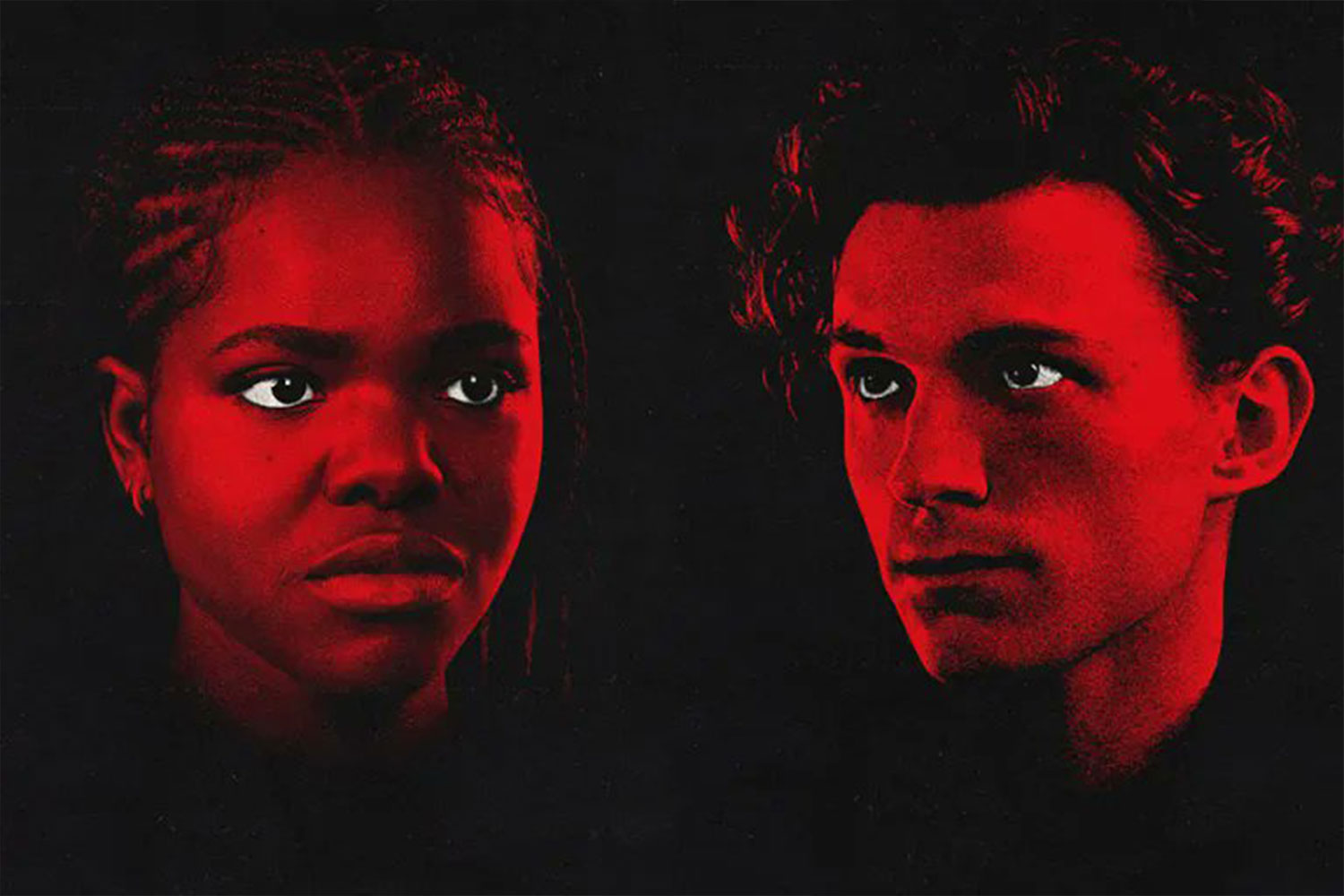Review: La Reprise: Histoire[s] Du Théâtre [I] (Lyceum Theatre, Edinburgh)
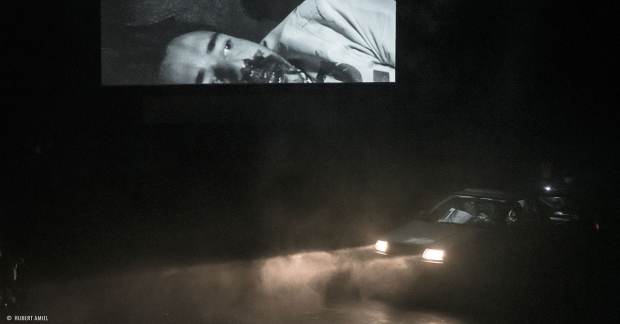
© Hubert Amiel
A highlight of the Edinburgh International Festival is the arrival of this acclaimed production from provocative radical director Milo Rau and his NTGent, a Belgian theatre company that comes complete with its own manifesto, ten stipulations of theatre theory.
Its subject is the senseless and horrifying murder, in April 2012, of a young gay man called Ihsane Jarfi by a group of thugs he met outside a nightclub in Liège. They beat him to death, and his body was found two weeks later in woods outside the city; one of the company, Sébastien Foucault, attended the trial and became fascinated by the case, suggesting it as a subject for theatre.
Or so he says in the long introductory section before the actual re-staging of the crime gets underway. He may not, it occurs to me, have done so. This is a theatrical construct of a true event, and Rau is not interested in teasing out the significance of the killing – which seems to have been a random act of terrible violence – but rather in exploring how you make theatre out of such an event.
So we see the actors – all magnificent – discuss the difficulty of making an entrance and an exit; the mesmeric Johan Leysen counsels against artificial acting and performs as Hamlet's father's ghost to show us what he means; we watch the audition process where the cast are recruited, and talk about their backgrounds. We see how you fake violence on stage; we know there will be a nude scene.
In bare-bones designs by Anton Lukas, we watch all this both on the stage in front of us and on a large video screen, which sometimes shows the filmed reproduction of what is being acted in front of us and sometimes shows variants on it. It is slow and considered and sometimes interesting; the best section is when Tom Adjibi discusses the way he is always cast according to origin and the colour of his skin rather than according to character, and demonstrates the fake languages he pretends to speak to try to break out of that box. There is also a good running joke about Liège's most famous inhabitants, the film-making Dardenne Brothers.
Then, since Rau's aim is to show the birth of tragedy, the five acts of the story itself begin. Each has its own title: "The loneliness of the living", "The banality of evil" and each unfolds with a self-conscious portentousness, a sense of its own deep significance, that is both achingly modish and deeply annoying. By the time it reached "The anatomy of the crime", the production had lost me.
In this section we see, in virtual silence and semi-dark, the murder of this poor man, re-enacted in painstaking detail. But since we also know – from everything that has gone before and everything that comes after – the way it is being staged, we know that the suffering is not real, it cannot encompass the terror that he felt, or the sadness felt by his friends and survivors.
I found myself wondering why I was watching it – which is presumably Rau's intention. But in questioning the nature of tragedy and our ability to stage it, he seems to me to diminish the man's life, to use it as spectacle in self-indulgent ways. I hated that and the self-regarding cleverness that it seems to promote. For all its skill, this is a cold-hearted and masturbatory production.



